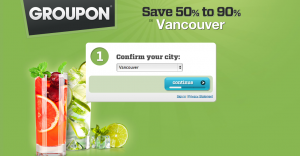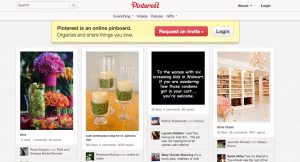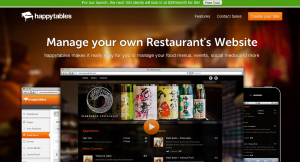With last nights Sasha Baron Cohen Shenanigans going viral last night during the Oscars, and my Facebook wall now continually being filled with over played it got me thinking if there’s any pattern or elements a video/meme needs in order to go viral. On top of that its important to question why its important for branded videos (i.e. Old Spice) to go viral? Recent research conducted by Vizu revealed that viral video can be highly effective in driving purchase intent.
Strategically, it obviously makes sense to select a social network where lots of group sharing takes place, such as Facebook or Twitter. But making a video viral is most definitely becoming an art. An art that if mastered has the potential to reach millions of viewers at very little cost.
Videos/memes need to tap into our psychological motivation to share. I think either the video has to connect either emotionally with us (whether it be because it was hilarious or sad), or whether we want others to learn from the video. We’re hardwired to teach and learn, so information thats explained in new or interesting ways is almost guaranteed to be shared. Check out this video – of course it helps if you’ve got A-list celebs in the video 😉
Check out this infographic I found with some great insights into understanding viral content marketing. Its definitely worth the read.






